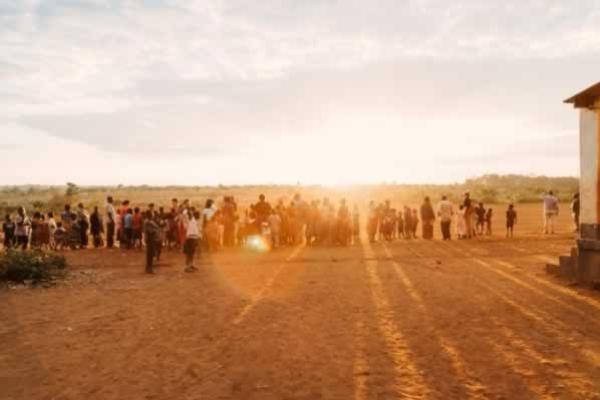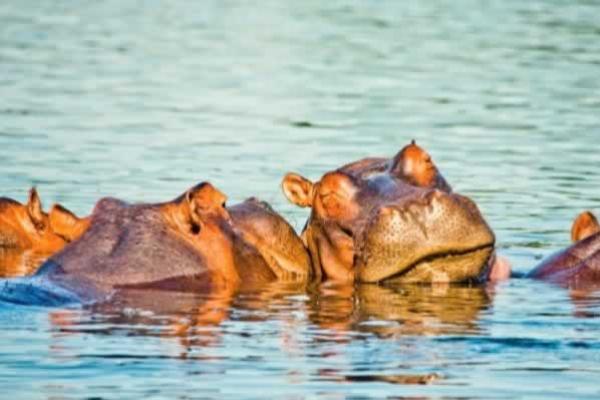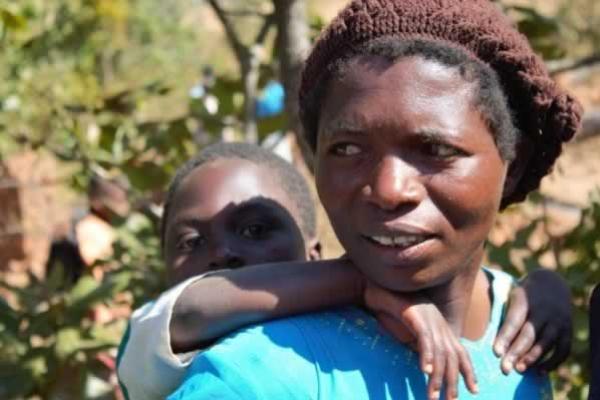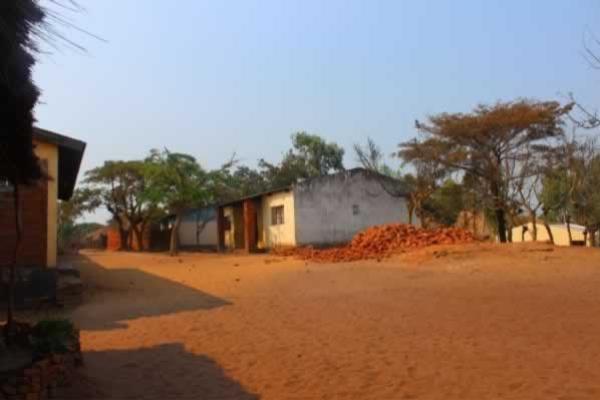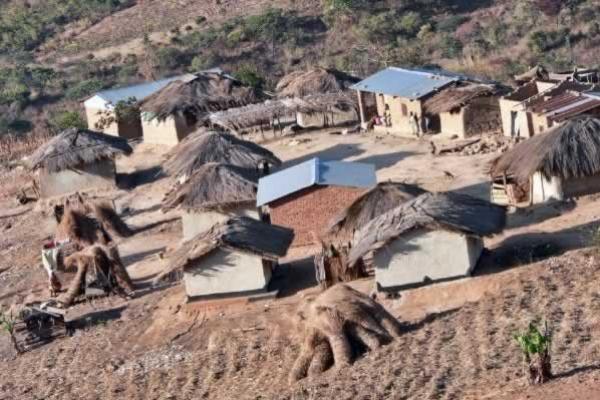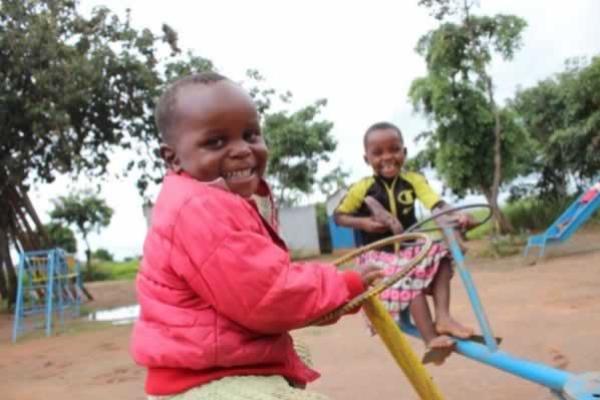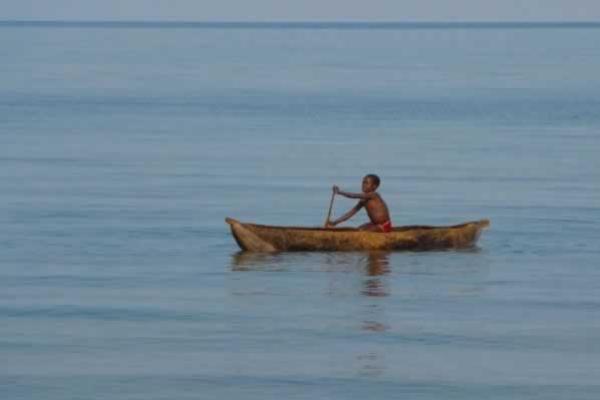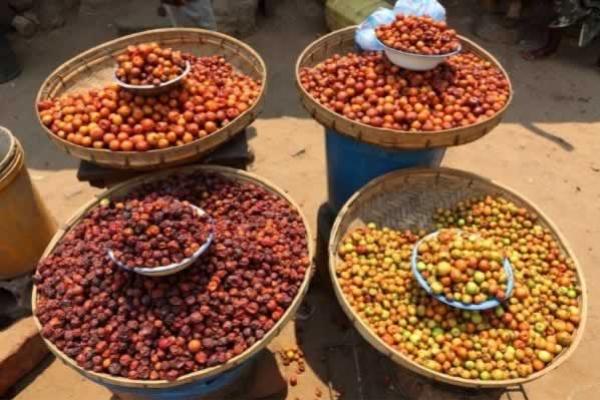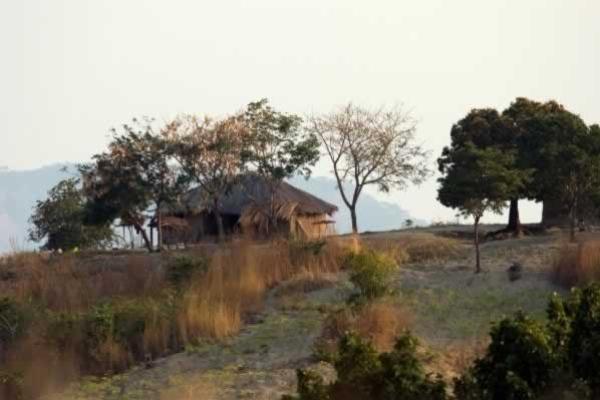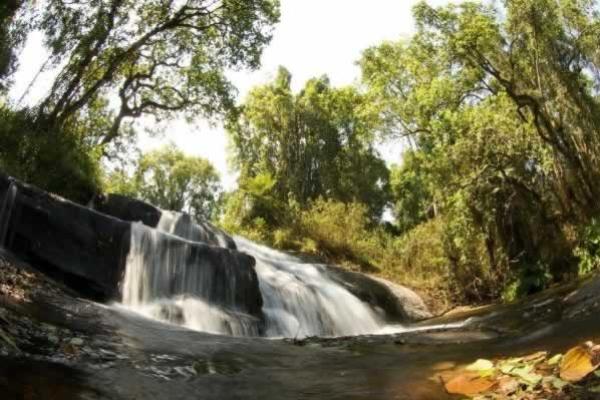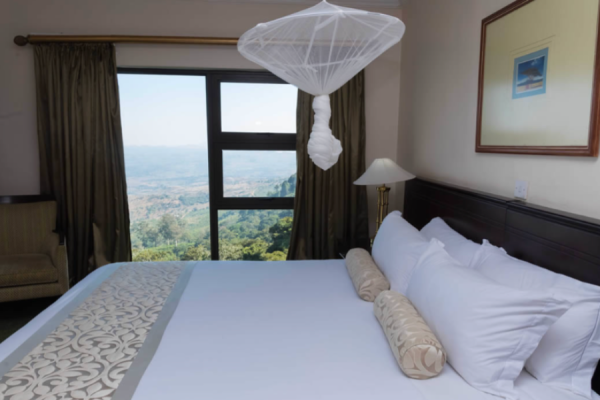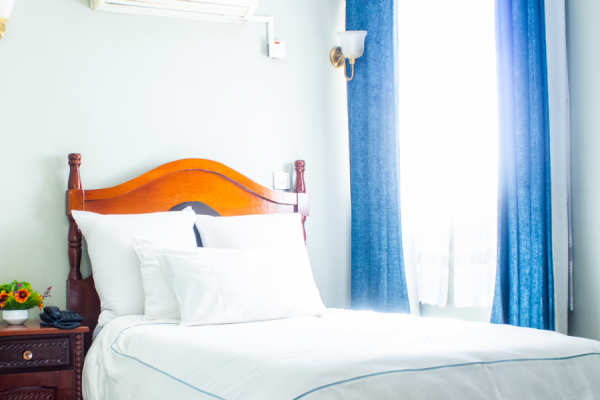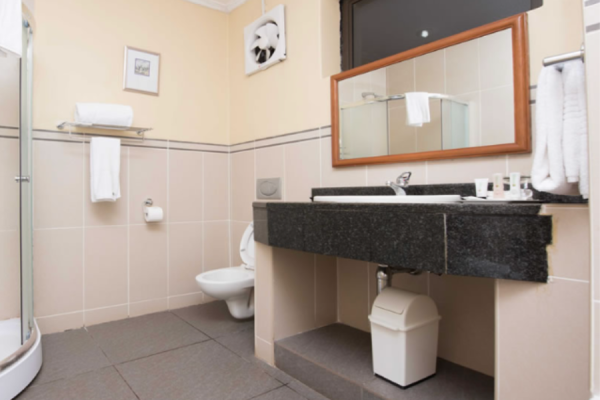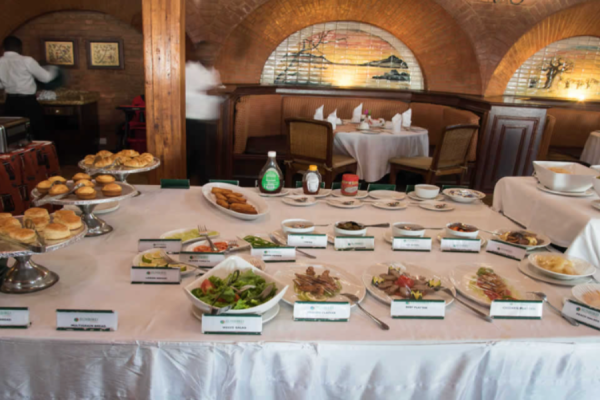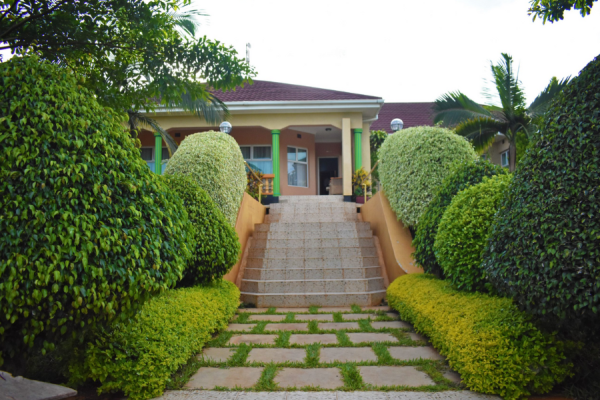2014 marked the 50th anniversary of Malawi’s independence, and since then, the country has become one of Africa's most peaceful and welcoming nations.
Our program is located in Zomba, a hidden gem in Malawi. Once the country’s capital, Zomba is home to the Zomba Plateau, one of the nation’s premier tourist destinations. Rising to 2,100 meters above sea level, the plateau offers breathtaking views of the surrounding landscapes, including lush forests, the beautiful Mulunguzi Dam, the mysterious Chingwe’s Hole, and the stunning William Waterfalls.
Here are some of the key reasons why Zomba is the ideal location for our project:
- Rich History: Zomba Plateau is steeped in history. Visitors can explore Emperor's View, named after Ethiopian Emperor Haile Selassie, who visited and prayed here in 1965. Queen's View, named after Queen Elizabeth II’s visit in 1957, offers panoramic vistas of Phalombe, Lake Chilwa Plain, and Mulanje Mountain.
- Accessible Roads: The plateau is easily accessible by a scenic, 10-kilometer tarmac road, surrounded by a beautiful pine forest. Whether hiking or driving, the journey to the top is a memorable experience.
- Ideal Climate: Zomba Plateau enjoys a pleasant climate year-round, thanks to its natural forests. Whether visiting in the summer or winter, you’ll breathe in fresh, invigorating air.
- Unique Transportation: For those looking to explore the plateau more quickly, Plateau Stables offers horse rentals. Zomba is one of the few places in Malawi where you can enjoy a horseback ride through the plateau’s stunning terrain.
Malawi is known as the "Warm Heart of Africa," and with its friendly, safe, and welcoming atmosphere, it offers a unique cultural experience. Though it’s less traveled than some of its neighbors, Malawi’s blend of rich culture, natural beauty, and unique languages make it an exclusive destination. Despite its economic challenges, particularly in agriculture and access to education, the local community in Zomba is eager to share their lives, culture, and warmth with visitors.
Project
Looking for serious adventure?
This program is for you! While you’ll experience unparalleled warmth and hospitality from the local community, be prepared to forgo many modern comforts.
Our program location is a place of dreams, aspirations, and opportunities. Working alongside local development partners, the goal is to create an environment where people—men, women, and children alike—can realize their full potential and achieve their social and economic goals.
Volunteers typically work at one of four primary schools, a Vocational Training School, or a Community Health Center. Projects may involve tasks such as bricklaying, painting, renovations, or supporting health services. A typical week might include two days of working with children, with the rest of the time dedicated to project-related tasks and engaging in cultural activities. Additionally, volunteers often play an active role in organizing and running youth programs, including sports, entrepreneurship, and arts and crafts.
Accommodation and Food
Volunteers will be accommodated in one of several modest lodges. Basic amenities are provided, including enough electricity to recharge essential devices such as a digital camera. However, it’s important to be aware that rolling blackouts are common due to government energy regulations.
To ensure your volunteer experience is both impactful and meaningful, individuals or pairs may be placed in more basic accommodations or local homestays. While these settings may be more rustic, they offer a unique opportunity to build deeper connections with the host community. This allows the coordinator to dedicate more time and effort to organizing a project that is both meaningful to the community and considerate of the special needs of the small groups or individuals in question.
Meals in this region are home-cooked, fresh, and shared daily at your homestay. Food choices are more limited than in urban areas, but they are healthy and reflective of the local culture. The staple dish is nsima—a thick porridge made from maize flour and hot water—served with a variety of sauces or stews. Other common foods include rice, spaghetti, potatoes with vegetables, cabbage, tomatoes, and carrots.
This daily routine not only nourishes the body but also offers a rich cultural experience, giving you a true taste of everyday life in Malawi.
Leisure Activities
During your stay, you'll have ample opportunity to immerse yourself in local culture and discover the country's many natural and cultural treasures. Activities may include visits to national parks, majestic waterfalls, vibrant beaches, bustling fisheries, and historic sites. You can also experience the rhythm of Malawi through traditional dancing and drumming performances.
One highlight is a visit to a picturesque town on the southern shores of Lake Malawi, Africa’s third-largest lake. This beautiful spot is known for its pristine beaches, crystal-clear waters, and rich aquatic life, making it a popular destination for snorkeling, diving, and fishing enthusiasts.
Optional excursions are available at an additional cost, such as a trip to the nearby game reserves. This lodge is located within one of Malawi’s premier wildlife reserves and offers an exceptional safari experience where you may encounter Africa’s Big Five in their natural habitat.
Cultural festivals and events take place throughout the year, and if your visit aligns with one, we’ll be sure to include it in your itinerary to enrich your experience even further.
Arrival and Departure
As you prepare for your journey to our project site, please note the following important travel details:
The project site is approximately 1 hour and 30 minutes from Blantyre and nearly 4 hours from Lilongwe. Most international flights arrive in Lilongwe, Malawi’s capital, while several regional flights—especially from Johannesburg and Harare—land in Blantyre, the country's business hub in the south. There are also internal flights available throughout the country for those traveling between cities.
Upon arrival in Malawi, you’ll need to arrange a taxi to the project meetup location. From Blantyre, transportation typically costs around $100 USD per group of 10 or $5–10 USD per individual. From Lilongwe, the rate is approximately $30 USD per group of 10 or $3–5 USD per person. These prices are negotiable and may vary depending on the driver and current demand. In general, flights to Lilongwe are more affordable, but local transportation tends to be more expensive compared to travel from Blantyre.
All volunteers are expected to arrive at the designated meetup hotel by 2:00 PM on the Sunday your program begins.
At the end of the program, volunteers are free to depart after breakfast on the final day. We’ll gladly assist with arranging transport to the airport, but volunteers are responsible for covering the cost of their departure transportation.




